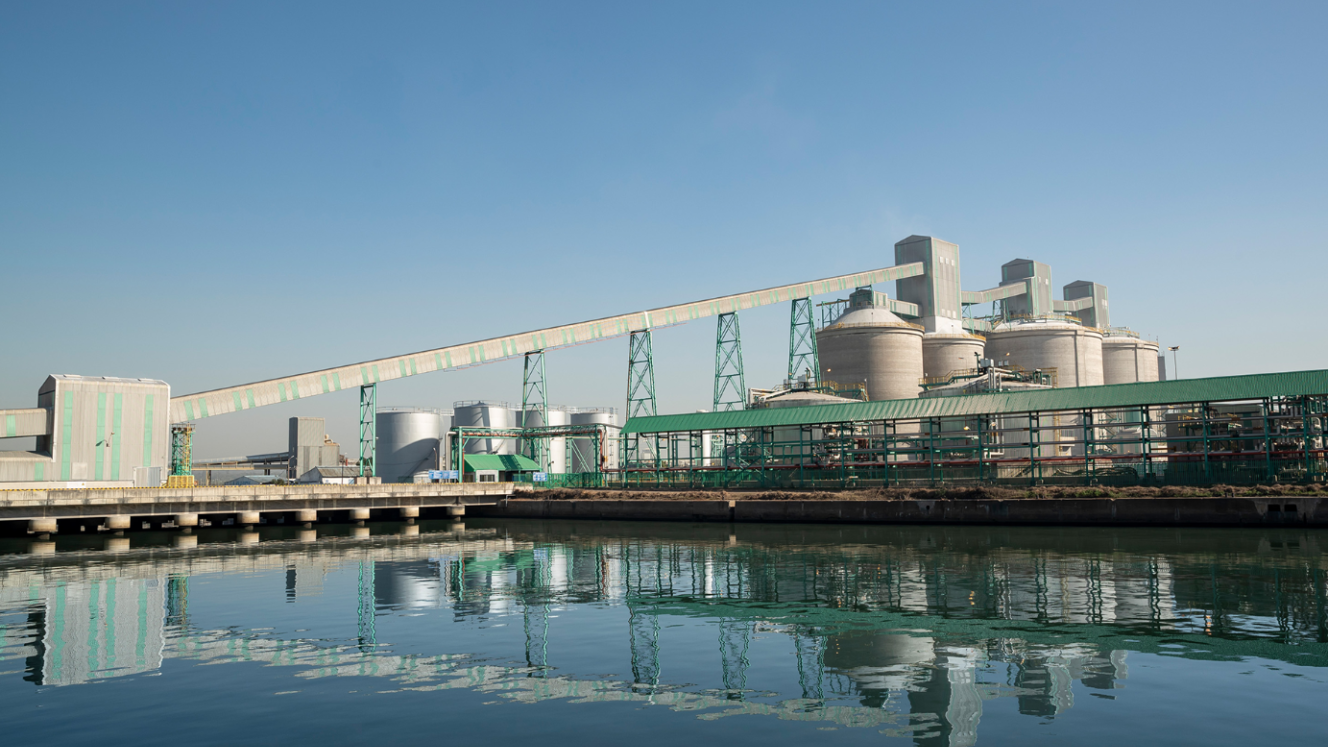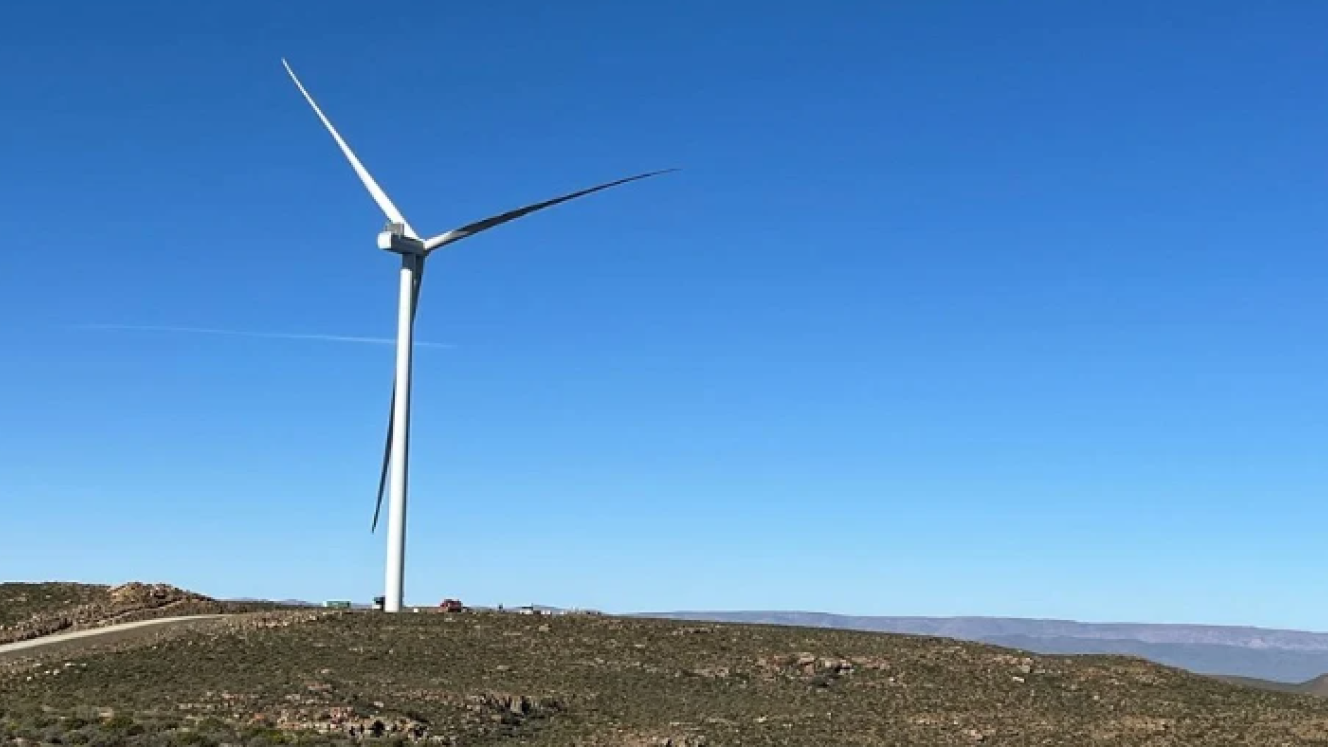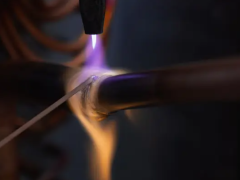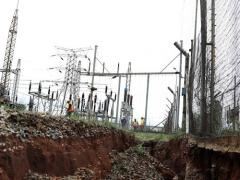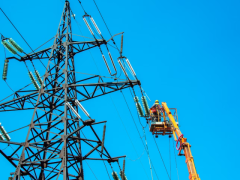Future expansion of the Mozal aluminium smelter at Beluluane in Mozambique hinges on procuring a new contract for the supply of electricity to the smelter, says Graham Kerr of South 32.
In discussions with journalists following a meeting in Maputo with Prime Minister Adriano Maleiane, the CEO of the international mining and metals company holding the primary stake in the smelter remarked that the existing contract governing Mozal’s electricity procurement was set to expire in 2026.
He expressed hope for an extension of the contract until at least 2030.
Mozal currently sources its electricity from the South African utility Eskom.
Kerr argued that the electricity generated by the Cahora Bassa dam on the Zambezi River is essentially Mozambican, despite the fact that Eskom purchases 1 150 MW from Hidroeléctrica de Cahora Bassa (HCB), the company that operates the dam. In turn, Eskom supplies 950 MW of electricity to Mozal, a Mozambican aluminium smelting company. Since there is no direct electricity transmission line from the Zambezi Valley to Maputo, HCB’s power must pass through Eskom in order to reach Mozal.
The diversion of 950 MW to support Mozambican industry may face objections from South African consumers, who are faced with load shedding, despite the argument that the power originates in Mozambique.
Mozal’s strategic planning was contingent on securing a long-term agreement to procure the requisite power for the smelter, Kerr said.
Presently, Mozal’s two production lines yield 580 000 tonnes of aluminium annually, consuming 950 MW of electricity, rendering Mozal the largest power consumer in the country by a significant margin.
Proposals have been made to introduce a third production line, but progress on such plans depends on the resolution of the power supply issue, he said.
Kerr dismissed the notion of constructing new production facilities elsewhere in the country. He argued that establishing a third production line would leverage existing infrastructure, whereas establishing an entirely new smelter, such as in northern Mozambique, would present formidable challenges.
